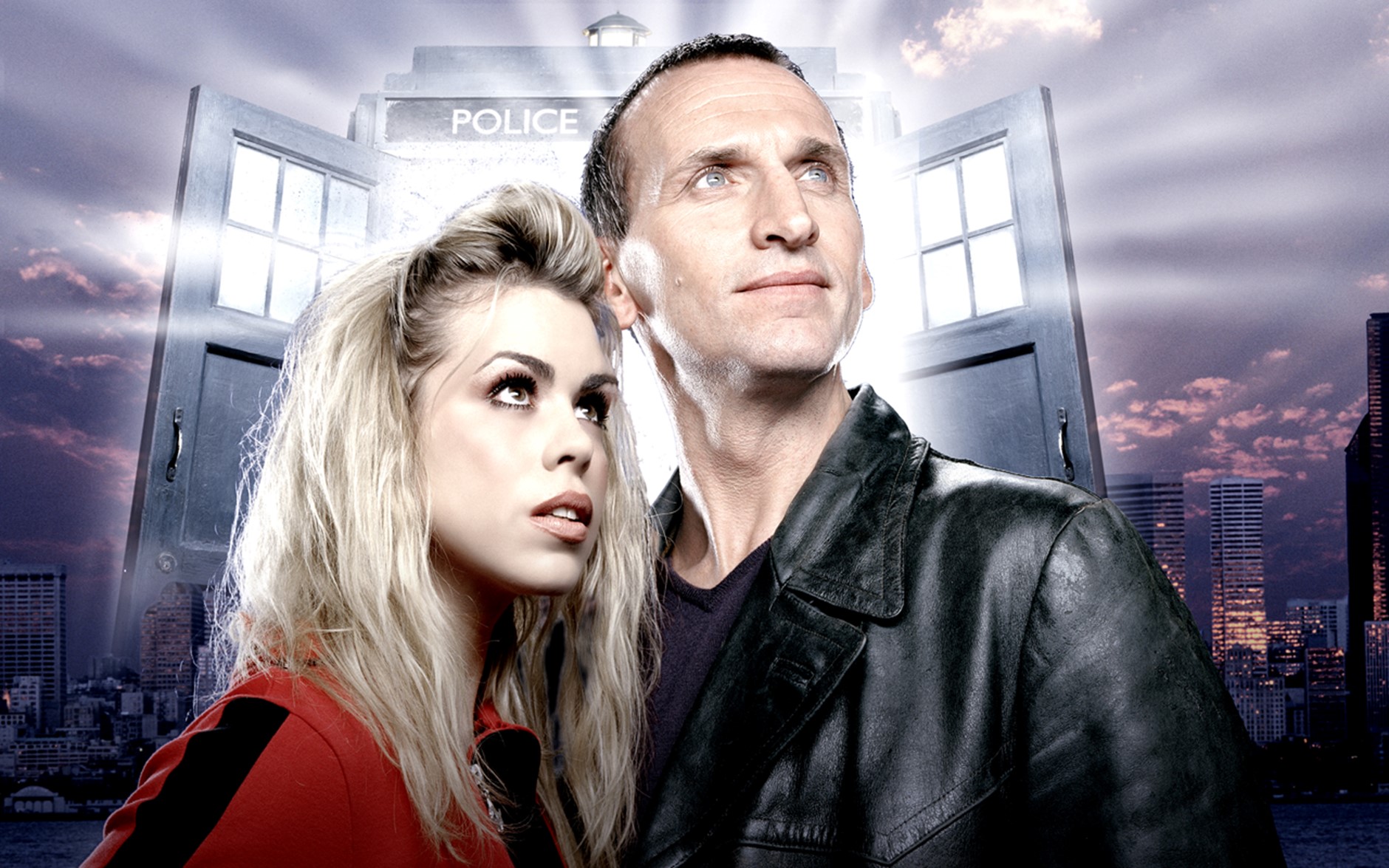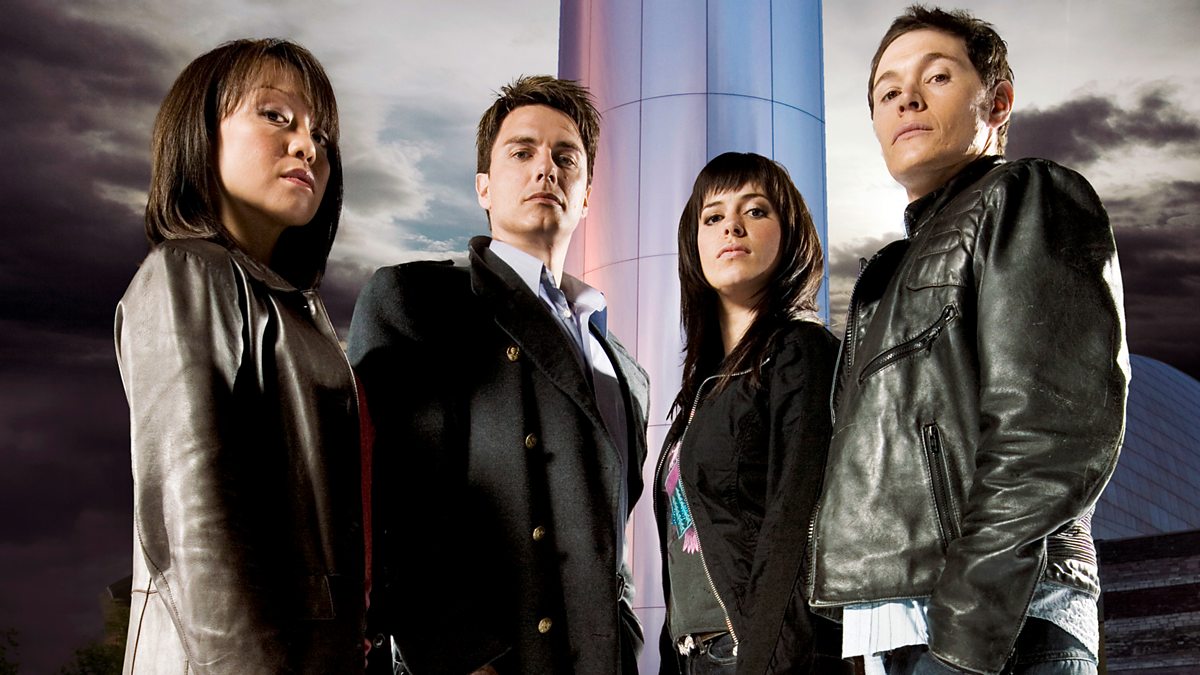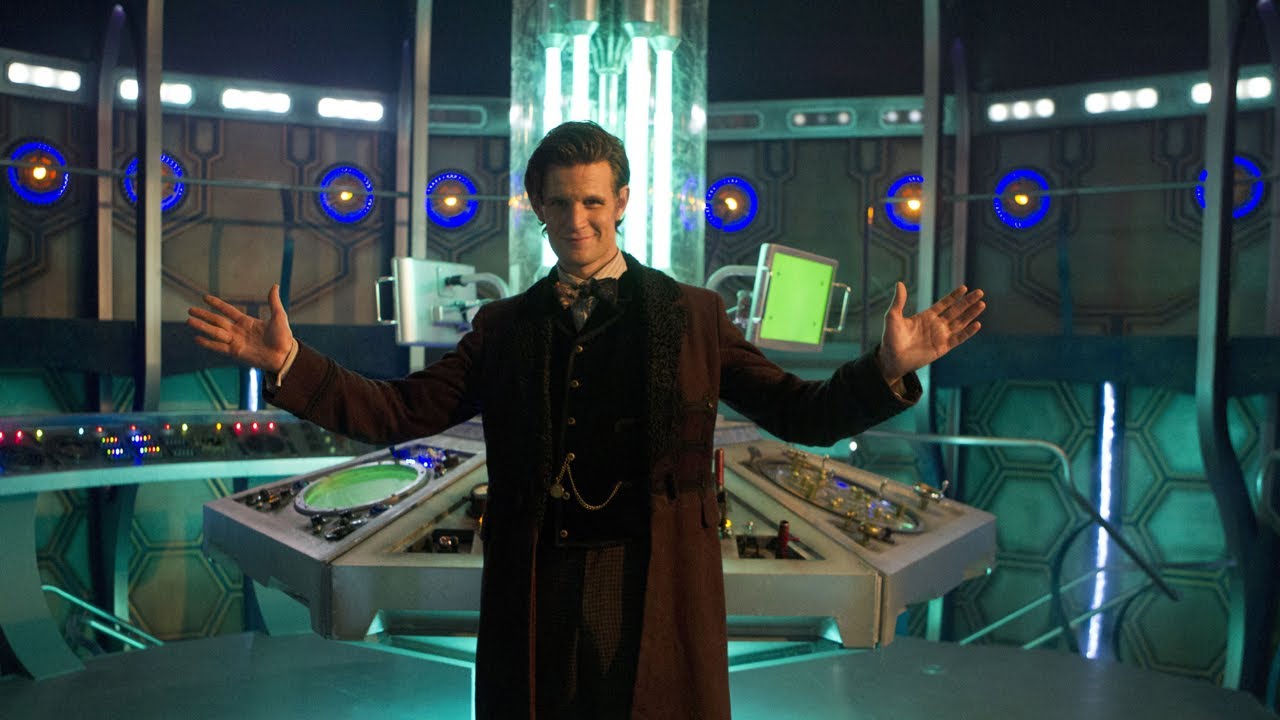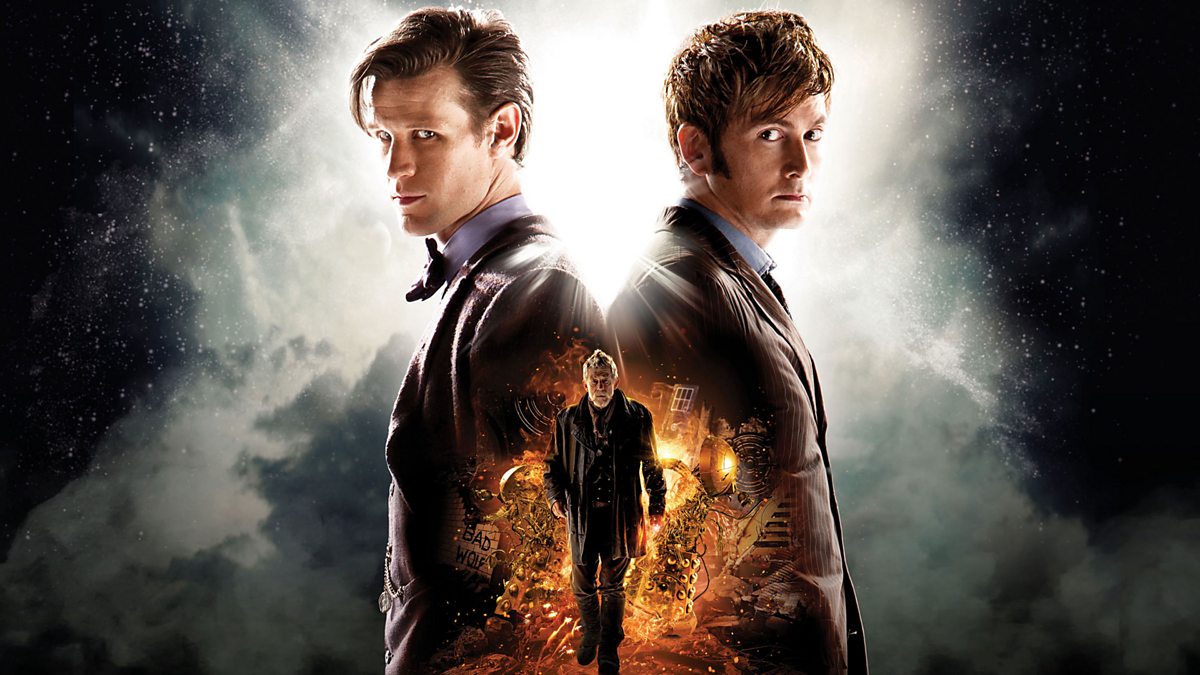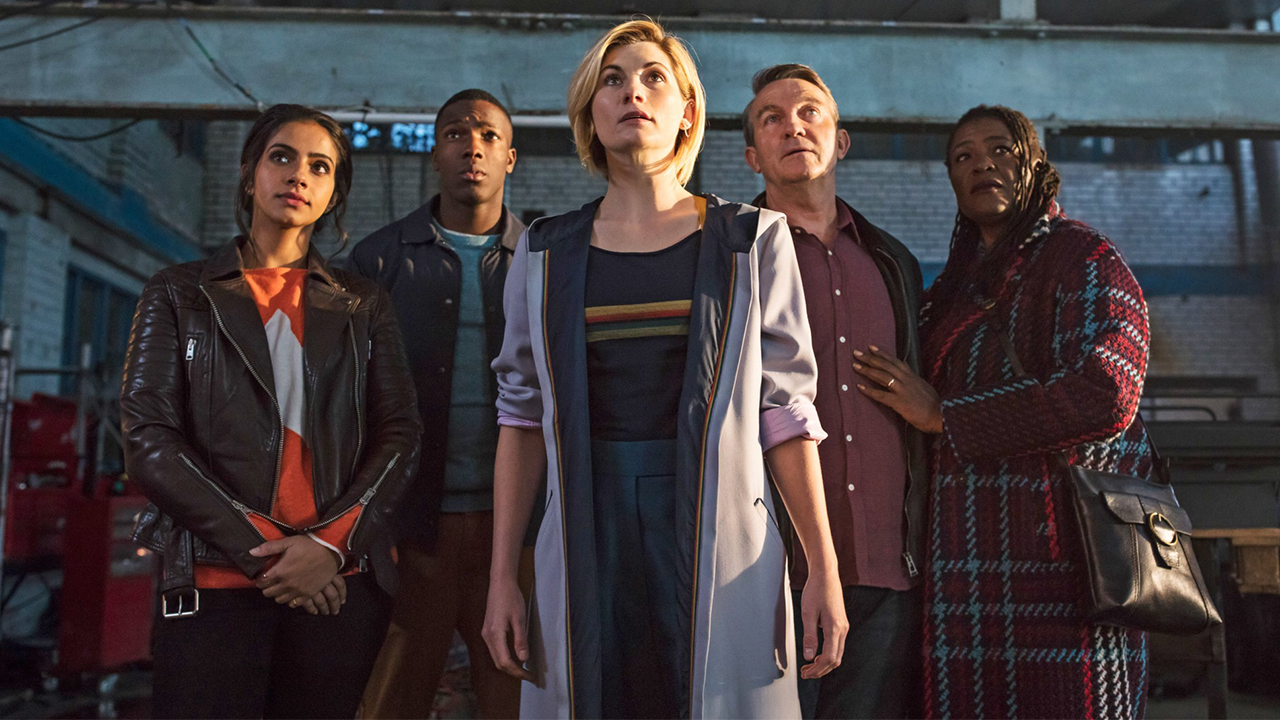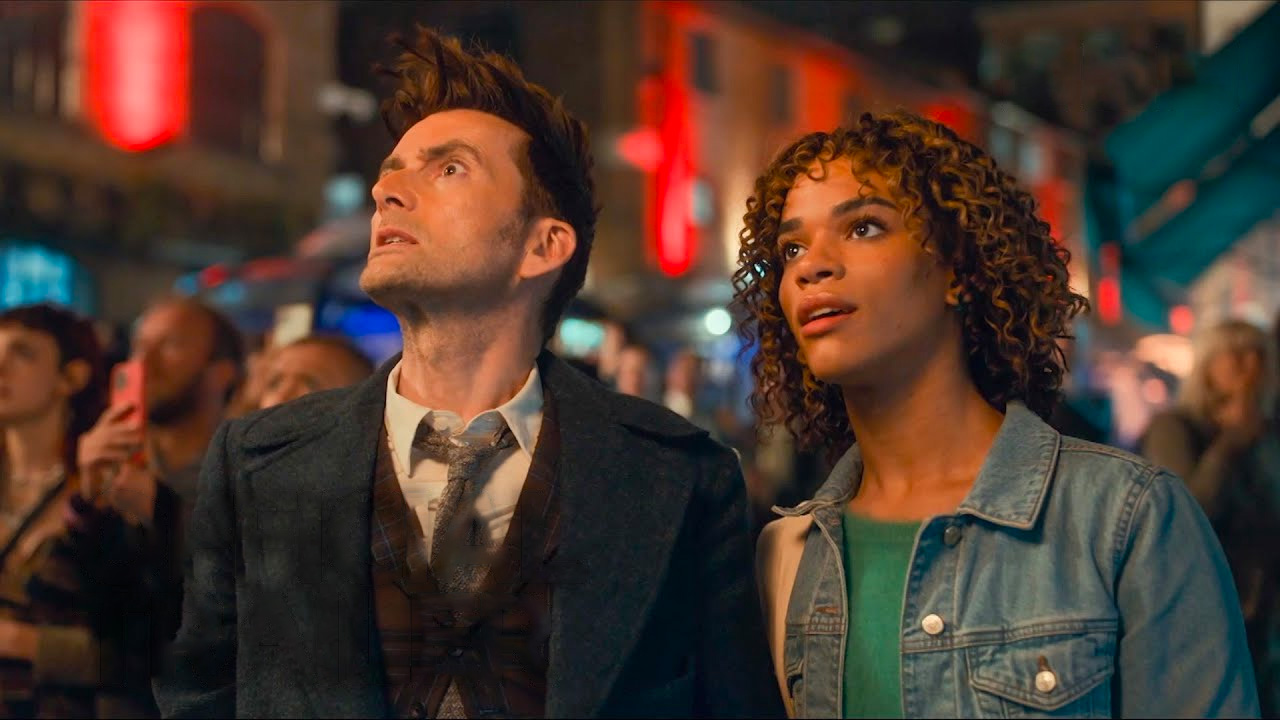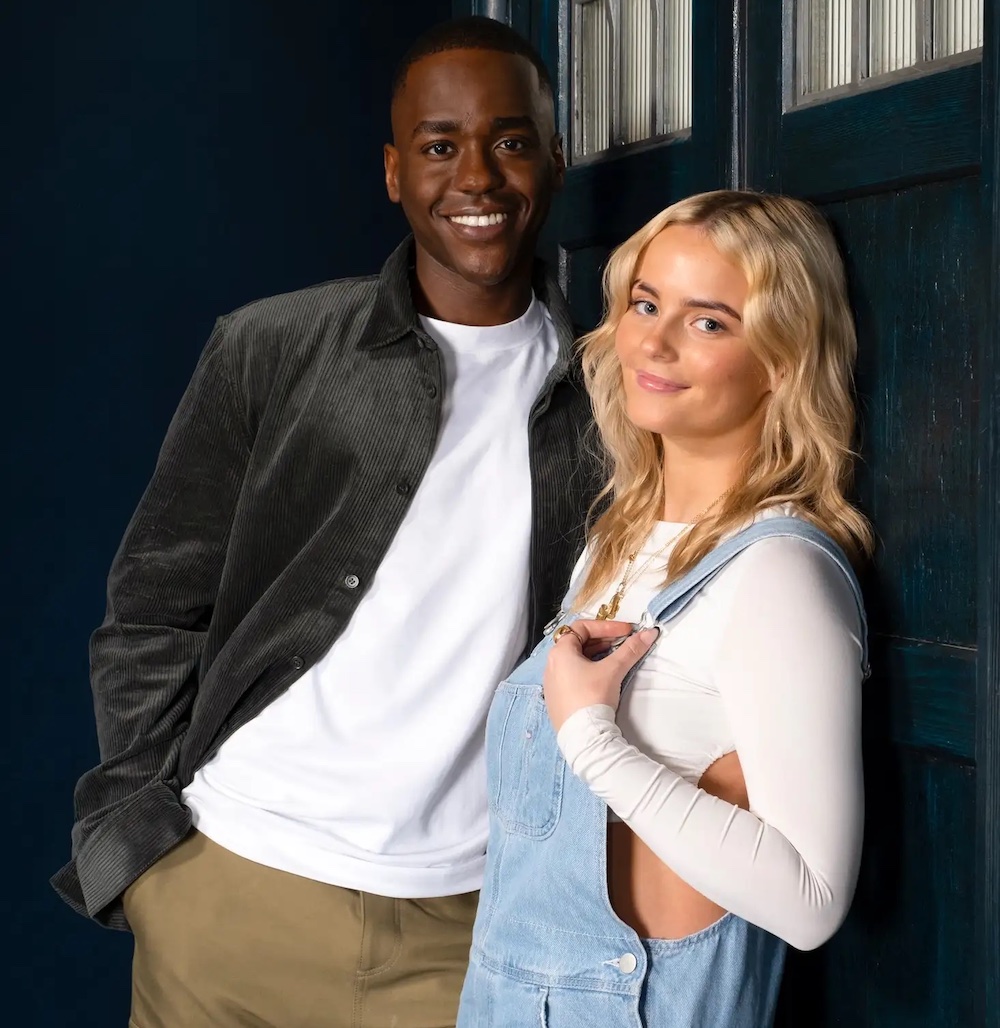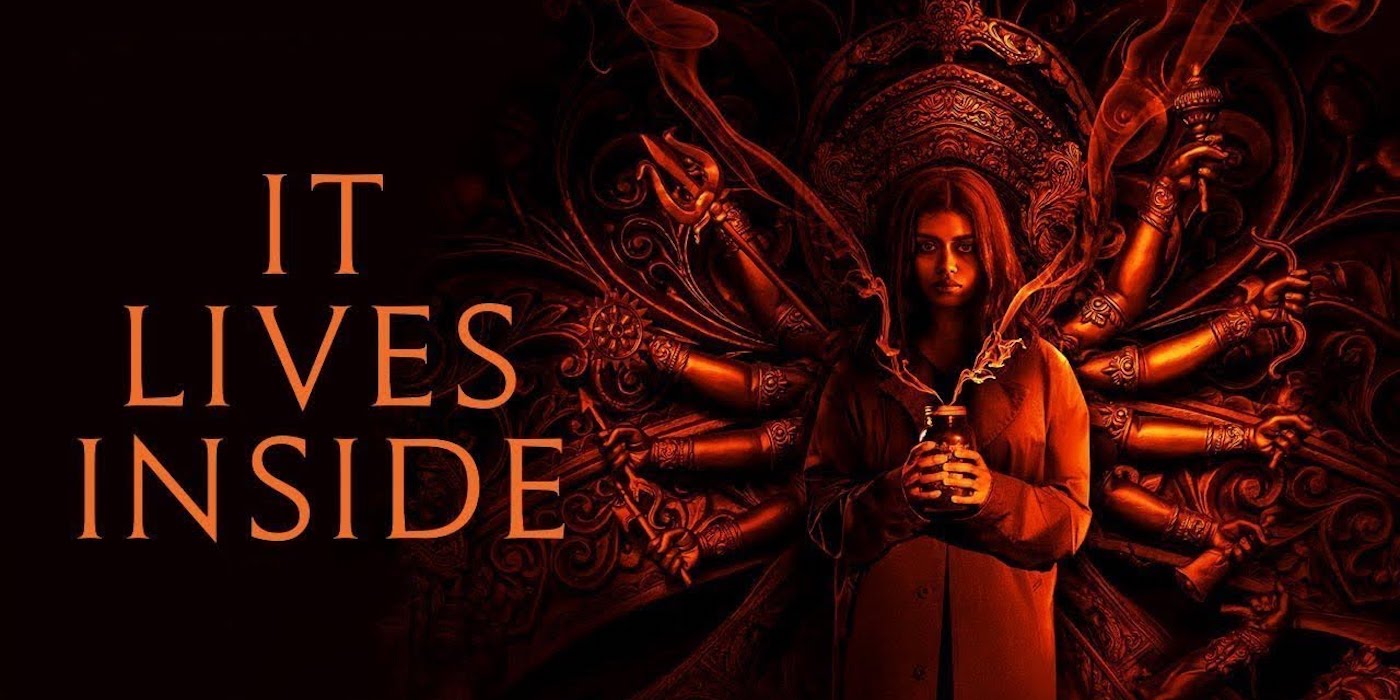‘Doctor Who’ is About to Be Number One (Again)
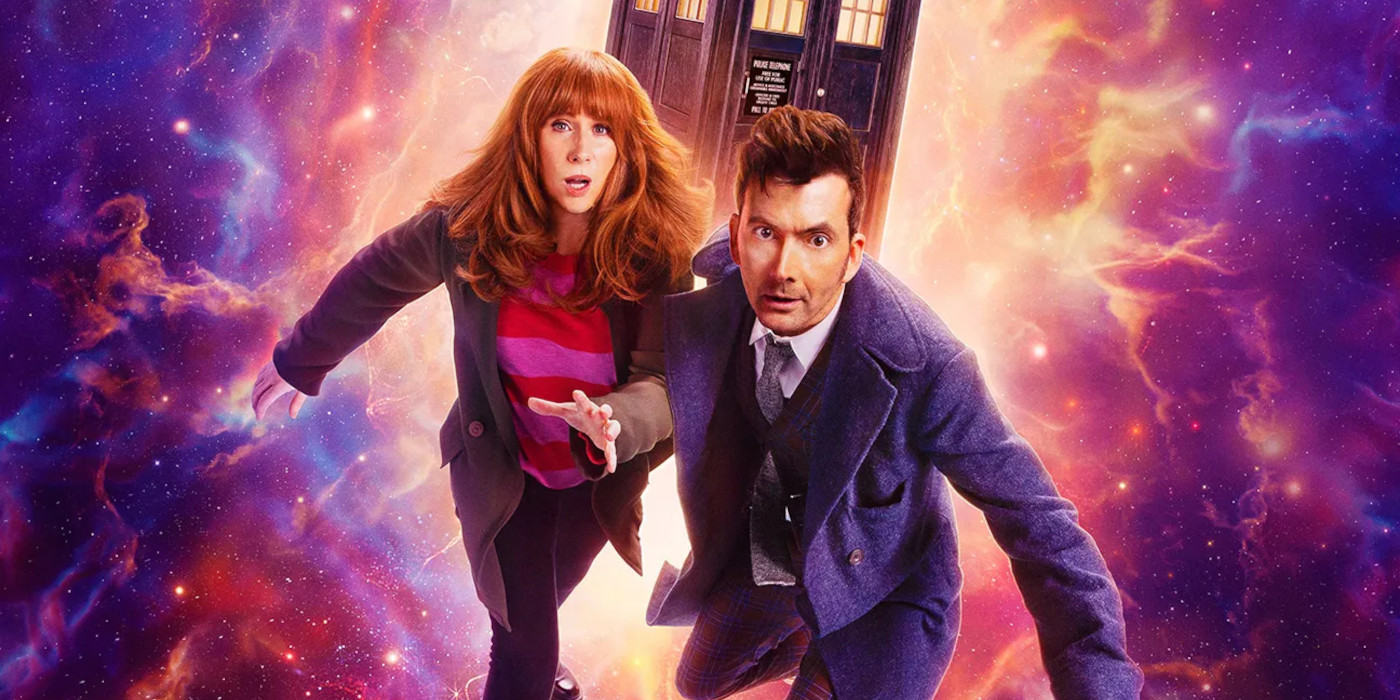

With the 60th Anniversary specials only a month away and a new series shortly after, Doctor Who is about to reign supreme. Again.
On October 23, 2023 the official Doctor Who account posted: “TARDIS at the ready! Filming starts today on Ncuti Gatwa’s second series as the Doctor”. As you can imagine people are very excited. And they’re keen to point out that this latest series, the new show’s 15th, begins production before series 14 even airs.
And the thing is–that’s how things should be. In fact, that’s how things were back in the mid-2000s.
A lot changes in the world of Doctor Who, both in front of and behind the camera, occur beginning in 2010. While there’s loads to enjoy about the show itself, the machine behind it slowly atrophies. At the same time, a number of other franchises slowly supplanted Britain’s favorite time traveler, namely Star Trek and Star Wars.
This is a cycle we’ve seen before. Doctor Who ends in 1989 right as Star Trek: The Next Generation finds its footing. And as Star Trek finds itself three series deep into its new golden age, Star Wars returns with a prequel trilogy. But by 2005 both Star Trek and Star Wars have completed their respective cycles. Now what?
As it happens 2005 is also the exact time Doctor Who returns. And its popularity grows for about the next decade–right up until both Star Trek and Star Wars return. The MCU plays a significant role as well.
However, there’s far more to success than cycles and inertia. So let’s talk about why Doctor Who is in the perfect position to take over as top of the heap for the first time in about a decade.
Doctor Who 2005: The Pitch
The chances of Doctor Who finding new success in the 21st century seemed low during the show’s 40th anniversary in 2003. However, the show is about to have two important things going for it: producers Russell T Davies and Julie Gardner.
It’s impossible to overstate what an incredible team Davies and Gardner are. Their understanding of timing, budget, and marketing, never mind telling a good story, is second to none. They are Kevin Feige times two before Kevin Feige is even a thing. So what exactly do they get right?
The biggest answer is that they market Doctor Who very well. Davies reintroduces the series as is an institution, as essential and quintessentially British as afternoon tea time. This is buoyed by casting Christopher Eccleston as the Doctor and Billie Piper as Rose, both faces very well known in Britain.
But the smartest decision is the introduction of Doctor Who Confidential: a companion series that gives behind-the-scenes glimpses into the making of the new series.
Doctor Who: A New Dimension is the first special in this series which counts down the debut of the first new episode “Rose”. And during that first hour, the series (with narration from David Tennant, no less) reintroduces the U.K. to the Doctor. A group of talking heads talks about how the series speaks to each era it’s a part of.
The message is clear: being a part of Doctor Who is an honor. And by the end of that hour-long reintroduction to the show and how it works, if you’ve been watching you feel like you’re a part of it. There’s an honor simply in watching Doctor Who return. It’s a continuance of a tradition.
And that’s just the beginning.
2005-2010: Russell T Davies Part I
Two things happen simultaneously with the new Doctor Who. One, Davies uses the first series to bring back the most essential parts of the series: the Doctor, a companion, the TARDIS, the sonic screwdriver, and the Daleks. These are things most parents remember from their childhood. And so Davies and Gardner pitch Doctor Who as a family show: something those parents will be excited to show their kids and that their kids will also want to watch.
But the other plan involves enlisting the die-hard fans. Davies knows that there are loads of good stories and writers who are only a part of Doctor Who books, comics, and radio dramas. Stories and writers from this 1989-2005 era get poached to bring some of the greatest hits from that time to television.
Altogether, the picture becomes clear: not only is Doctor Who back, but it honors its most intense fans. And that turns those fans into something akin to acolytes. They market Doctor Who in ways and places that regular marketing can’t get to.
Then a tragedy gets turned into a triumph. Christopher Eccleston, frustrated with producers, leaves Doctor Who at the end of its first series back. But even here, Davies and Garner know what to do.
Regeneration is another huge part of Doctor Who so they treat bringing it in so soon as part of completely bringing the series back. And the new Doctor is David Tennant: an actor who loves Doctor Who nearly as much as Davies himself. Not only is the newest Doctor a good actor, he’s also an ambassador and the show’s biggest cheerleader.
The Spin-Offs
Doctor Who has a formula and it’s working. Every year sees the return of at least one classic-era villain and that keeps excitement up. Daleks, Cybermen, the Master, the Sontarans, and on and on. New companions come in. There’s a Christmas episode with Kylie Minogue! Davies and Gardner ramp up interest because every year sees multiple events.
And the success is so big that there’s an opening for more. Davies and Gardner know that to keep people’s eyes on Doctor Who, they need more without taxing the main series.
So they introduce two spin-offs: Torchwood and The Sarah Jane Adventures. Torchwood is more mature while Sarah Jane captures the youth market. You can argue what works and what doesn’t about each series, but the point is that bringing them in is clever. In addition to the 13 episodes (and the annual Christmas special) now there are two more shows to keep people thinking about Doctor Who nearly year-round.
The fourth series backcircles the wagons and brings every major character introduced since 2005 back for a massive event. And then, after a year of specials, Russell T. Davies, Julie Gardner, David Tennant, and the rest of that team leave.
It’s 2010. Doctor Who has never been bigger. But, arguably, that means there’s no place to go but down.
Steven Moffat, Matt Smith, and the British Invasion
There’s a fear that Davies’, Gardner’s, and Tennant’s departure will mean the audience leaves with them. So when Matt Smith takes over for David Tennant as the Doctor and Steven Moffat takes over for Davies, there’s a massive marketing push for Doctor Who. Living in New York City at the time I distinctly remember for the first time seeing huge ads on buses, trains, and billboards all over town.
Despite its enormous success across Europe, the Davies era of Doctor Who still hadn’t quite crossed over to the United States of America. But that has nothing to do with Davies, Gardner, or Tennant: it’s about access. You see Doctor Who wasn’t readily available in the States during the 2000s. It’s on the SYFY Channel, but that’s about it. And SYFY isn’t marketing the show as much because it isn’t theirs.
Enter BBC America. BBC America is a station that suddenly gets the financial push to be available with most cable providers. The BBC makes Doctor Who and so putting the series on BBC America is a no-brainer. Plus, a new team of writers and actors means a new jumping-on-point for people who have never seen Doctor Who before.
And it works! That first Moffat/Smith season is a massive worldwide hit, even in the United States. But part of that is because of the work that Davies and Gardner had done. It helps that Moffat uses the same formula Davies does for Smith’s first series.
There’s a kind of inertia in this moment. But inertia cannot carry a show and this is where things start to take a turn.
Too Much and Not Enough
Doctor Who being “good” is not enough to make it a success. And fans can argue all day over what is good or bad about each successive series of Doctor Who but quality is not where the seams start to show. After Davies and Gardner ushered in an era where there was a new series of Doctor Who every year in addition to two spin-offs, Moffat takes a very different approach.
Remember: Steven Moffat is not just the showrunner for Doctor Who–he’s the showrunner for Doctor Who and Sherlock. It’s impossible to overstate the massive popularity of both these series during the early 2010s. And the strain of needing to keep both going must’ve been astronomical.
During this time something happens that hurts Doctor Who massively–split seasons. Gone are the days of multiple spin-offs. And now, rather than 13 weeks of new episodes, Doctor Who takes long breaks midway beginning with series 6.
There’s no sense of how long breaks will be, there’s no persistently active marketing keeping people excited about Doctor Who, and there’s something else happening–the MCU is gearing up. By 2012 the first Avengers movie bows. This occurs at the same as Matt Smith’s two co-stars Karen Gillan and Arthur Darvill depart.
In short: Doctor Who is losing its cohesion. More importantly, it’s losing audience focus. And there’s only one hope left on the horizon.
The Doctor Who 50th Anniversary
In 2003 there was no Doctor Who on Television. Ten years later, the show has risen to its highest heights–but is also starting to dip in the audience share. So they manage to bring back David Tennant for a one-off multi-Doctor story–an homage to everything the show is and has been especially in the last decade.
And it works! “The Day of the Doctor” is fun, it brings back classic villains the Zygons, heck even the most famous Doctor of them all, Tom Baker, turns up for a cameo. The Doctor’s people the Timelords come back and even Billie Piper returns as a character who isn’t Rose. It’s a smash hit on all counts.
But the team behind Doctor Who doesn’t know what to do with this moment. Matt Smith parts and the show introduces a wonderful actor in Peter Capaldi as the next Doctor. Capaldi is wonderful. Like Tennant he is a die-hard Whovian. But he’s an older actor. And without something exciting to push the show forward again, that’s how Doctor Who on the whole feels–old.
It’s 2014. In less than a year Star Wars: Episode VII – The Force Awakens will enter theaters. The MCU is cranking out massive hits like Captain America: The Winter Soldier and Guardians of the Galaxy. The sci-fi marketplace is saturated. And something else is coming–Star Trek.
The Doctor Vs. Everyone
Everyone has theories on why Doctor Who has lost its audience over the years. And that’s kind of funny because that’s not really much mystery to it. Star Wars comes back. Star Trek comes. And both of those franchises don’t only come back, they come back with a vengeance. Star Wars gets a new trilogy, spin-off films, and multiple TV series. Star Trek gets so many shows that at one point there’s at least one new episode of a Star Trek showing coming out every single week for years.
While all that happens, Steven Moffat, Peter Capaldi, and the rest of that era’s team departs Doctor Who. There’s a chance for a massive shake-up to excite audiences. And the one thing they unequivocally get right is casting Jodie Whittaker as the next Doctor. A woman in the title role is something that’s been talked about since the 1970s. So having that finally happen is massive and Whittaker is warm, witty, and wonderful.
But the team behind her doesn’t have that Davies-level plan. Showrunner Chris Chibnall chooses to do a new series with no familiar faces. No continuity. A true fresh start. But without marketing like Doctor Who Confidential, there isn’t that mechanism to tell people every week why they should care and why they are a part of Doctor Who.
Do you know what I remember producers marketing? The new cameras. If your best shot is “wait until you see these fancy new cameras” your show is in trouble. Without proper fandom engagement and with a COVID virus limiting production, Doctor Who slips off the map. Yes, sexist twerps hating a woman Doctor didn’t help, but more than anything Doctor Who just wasn’t competing.
Russell T Davies Part II
2022 marks the end of the Chris Chibnal and Jodie Whittaker era of Doctor Who. And as they exit a number of smart decisions get made. For one, Whittaker’s final episode “The Power of the Doctor” sees the return of classic characters like Tegan and Ace as well as former Doctor Who actors Peter Davison, Colin Baker, Sylvester McCoy, and Paul McGann. It feels like a celebration of all things Doctor Who in a way this era on the whole almost never does.
But the bigger news is that the next showrunner is Russell T Davies–again. Not only that, but with Davies also comes producers Julie Gardner and Phil Collinson. Behind the camera, the team that made the show big back in 2005 is in charge again. And in front of the camera, both David Tennant and former companion actress Catherine Tate also return. Not only that, but the newest actor to play the Doctor Ncuti Gatwa also gets announced.
After years of marketing drought, Doctor Who fans get a massive injection of one piece of exciting news after another. And for the following year, Doctor Who’s marketing team keeps fans on their toes, slowly revealing more and more–and that’s not even to speak of the rumors.
Doctor Who Back On Top
Let me paint you a picture. Star Wars has no movies at the moment. The MCU is not taking up as much fandom real estate as it once did. And Star Trek is slowly ending many of its shows, one at a time. In other words, there’s a spot open in the sci-fi landscape and it’s Doctor Who‘s for the taking.
Here is what we know for sure. Russell T Davies and Julie Gardner are back. They’ve brokered a deal that gives them Disney’s financial support while Davies retains creative control. The most popular Doctor of the 21st century is coming back for a massive 60th anniversary celebration. The first Ncuti Gatwa Doctor Who series is already in the can and his second series’ filming is underway.
There’s a new show coming called Doctor Who: Unleashed which is basically just a new version of Doctor Who: Confidential. Russell T Davies says there are more spin-off series on the way, at least one of which seems to be centered on UNIT (and likely past faces from Doctor Who).
In short: it looks like we’re heading towards a period where there’s a full series of Doctor Who every year along with multiple spin-offs and a behind-the-scenes show for the first time since the 2000s. And while Star Trek, Star Wars, and the MCU still take up real estate, there’s no denying the pendulum is swinging away from them a bit at the moment.
The pendulum is swinging towards Doctor Who for the first time in a long time and it’s got exactly the right team in charge as it happens. Who knows? By this time next year, we may live in a world where there’s something Doctor Who-related coming out every week!

